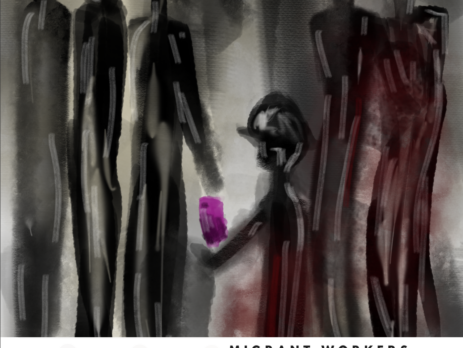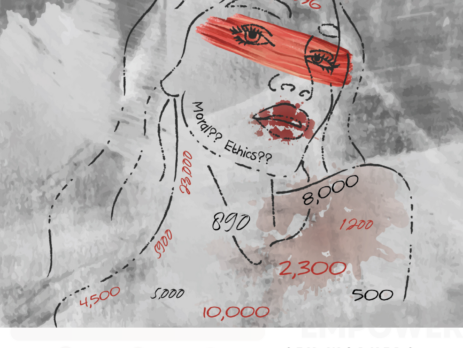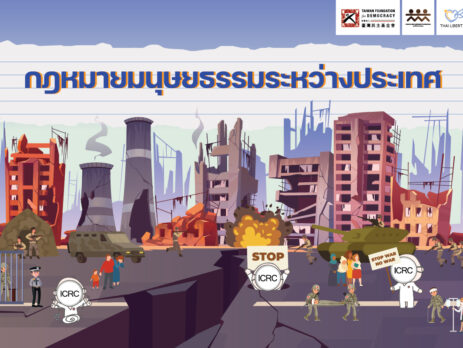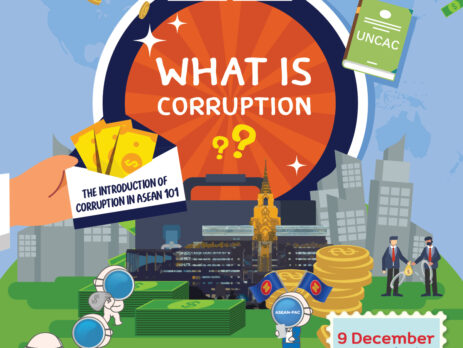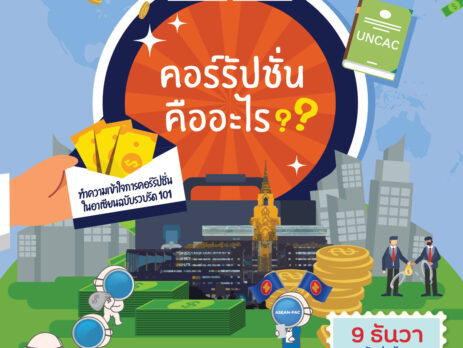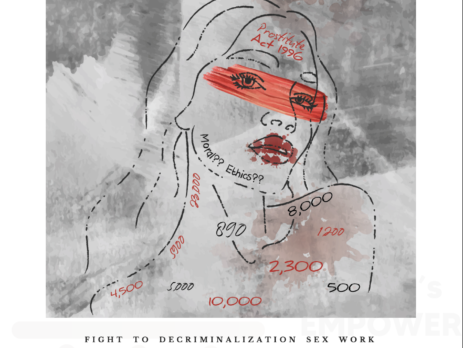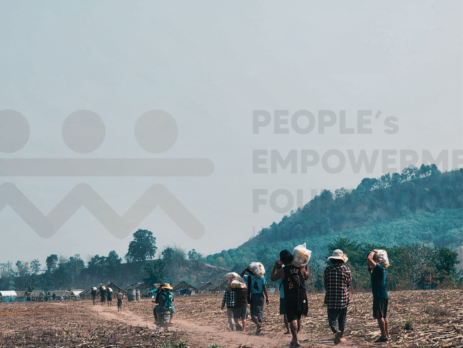Nontaburi – representatives of civil society sector participated at a workshop meeting on the publication of Thailand’s midterm report for the 2nd cycle of Universal Periodic Review (UPR), demanding state’s attentions on various civil and human rights issues.

The workshop meeting was hosted by Rights and Liberties Protection Department, Ministry of Justice, as the main organizing body, on Monday June 17th, 2019 at TK palace and Convention, Chaengwattana, Nontaburi. Participants from governmental sectors are for instance; Department of International Organizations Ministry of Foreign Affairs, Ministry of Public Health, Royal Thai Army, etc. For civil society sector, People’s Empowerment Foundation (PEF) invited members of civil society network working on UPR, for example; Muslim Attorney Center, PATANI Working group for Monitoring on International Mechanisms, 24 June Democracy, Tamtang Group, Assembly of the Poor (Pakmoon Dam), Karen Network for Culture and Environment, and Raks Thai Foundation.








